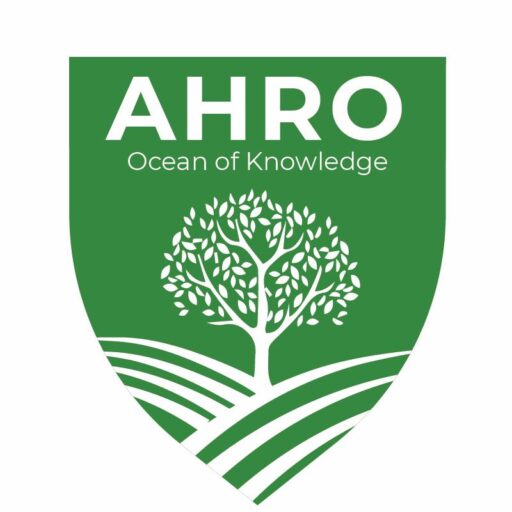Africa Health Research Organization (AHRO) was formed in 1997 after its founding director took part in the 13th International AIDS Conference in Durban South Africa. The initial name of the organization was Africa Health Foundation but was changed to AHRO to fulfill its mission of promoting global health through research, publication, events, and training. It was legally registered in the UK in 2004 as a not–for–profit organization and in 2008, it moved its official headquarters to Ghana. In 2010, it introduced the Annals of Tropical Medicine and Public Health, a journal that was aimed at promoting the dissemination of quality scientific knowledge. In 2012, it introduced the event arm of the organization by initiating the International Malaria Symposium which was held in Accra, Ghana. It also introduced the now defunct London AIDS Conference which was substituted by the International HIV/AIDS Conference. It also runs the International TB Drug Conference. In 2019, the organization established the AHRO Scientific Publishing Ltd in Glasgow, Scotland which ultimately won the Scotland Specialist Publisher Company 2022/23. In 2022, it extended the AHRO platform to Scotland by establishing the AHRO-Scotland branch which had aimed at becoming one of the leading clinical research facilities in the world. However, based on recommendation, AHRO-Scotland was revamped to AHRO-UK with an office in London, UK. Currently, the organization has offices across West Africa with Country Representatives. The organization coordinates the Global Health Public Health Thinkers, a group of experts who provide expert input through publication and monthly lectures.
At AHRO, we aim to provide a conducive working environment where our staff enjoy working and feel a sense of belonging. Based on this, our guiding working culture includes:
Equity: Members of staff are treated with equity which boosts the morale of every staff. We do not tolerate partiality and favoritism because these can lead to staff resentment and distrust.
Recognition: We recognize the efforts of our employees and individuals associated with the organization. We therefore reward staff to boast about their morals and encourage them to work on their talents
Freedom of expression: We encourage staff to express their views, resulting in staff feeling valued and respected. However, discipline should be maintained if our work culture is to be effective and beneficial to the organization
Communication: Effective communication is vital for the growth of the organization. It is therefore highly essential that every worker can express their ideas, collaborate, receive feedback, and solve problems. It is the most effective way to promote teamwork
Recruiting the right workers: Although competency and skills are important, we also consider behaviors, values, and traditions during our recruitment process. Any potential staff harboring the most minute form of racism would not be allowed to join us.
AHRO believes that through these work cultures, the following would be achieved:
Increased well-being of staff because staff will feel happy and satisfied. A healthy workplace culture will assist staff in feeling valued and proud of their responsibilities.
Increased productivity as thriving workplace culture influences the productivity of employees.
Employee retention will be increased which will result in savings on costs and time since a pool of experience staff are available.
The reputation of the organization is increased as we support employees’ well-being and solid ethical practices will attract more business and talent.
Accountability: With a healthy workplace culture, employees are encouraged to be accountable for the role they perform. This means staff will view challenges as opportunities to learn rather than compete with each other.
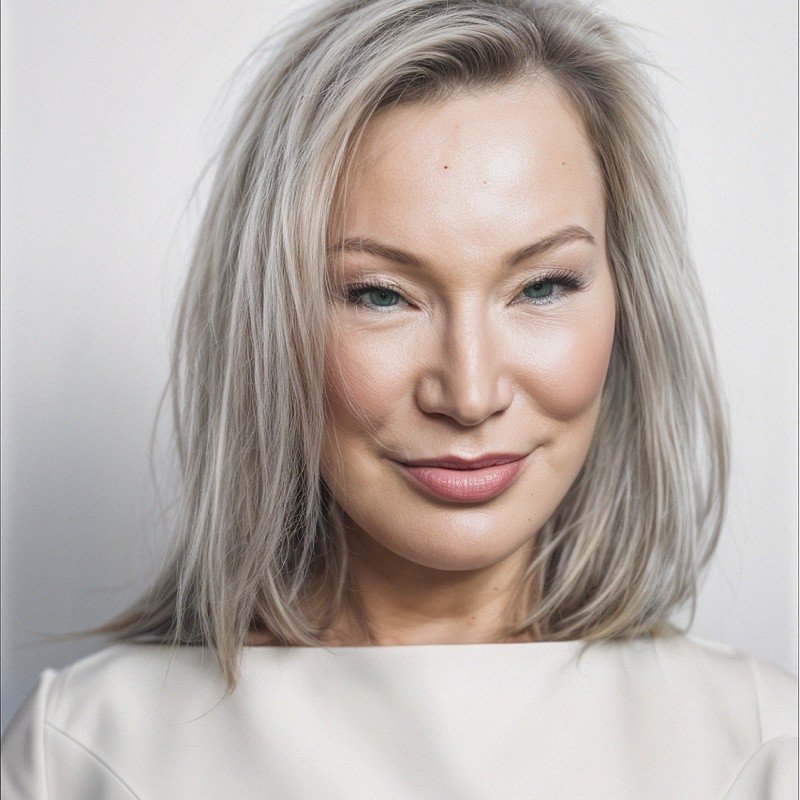
Professor Susannah Hart (UK)
(Chair of the Board)

Professor Pranab Bhattacharya MD (India)
Member
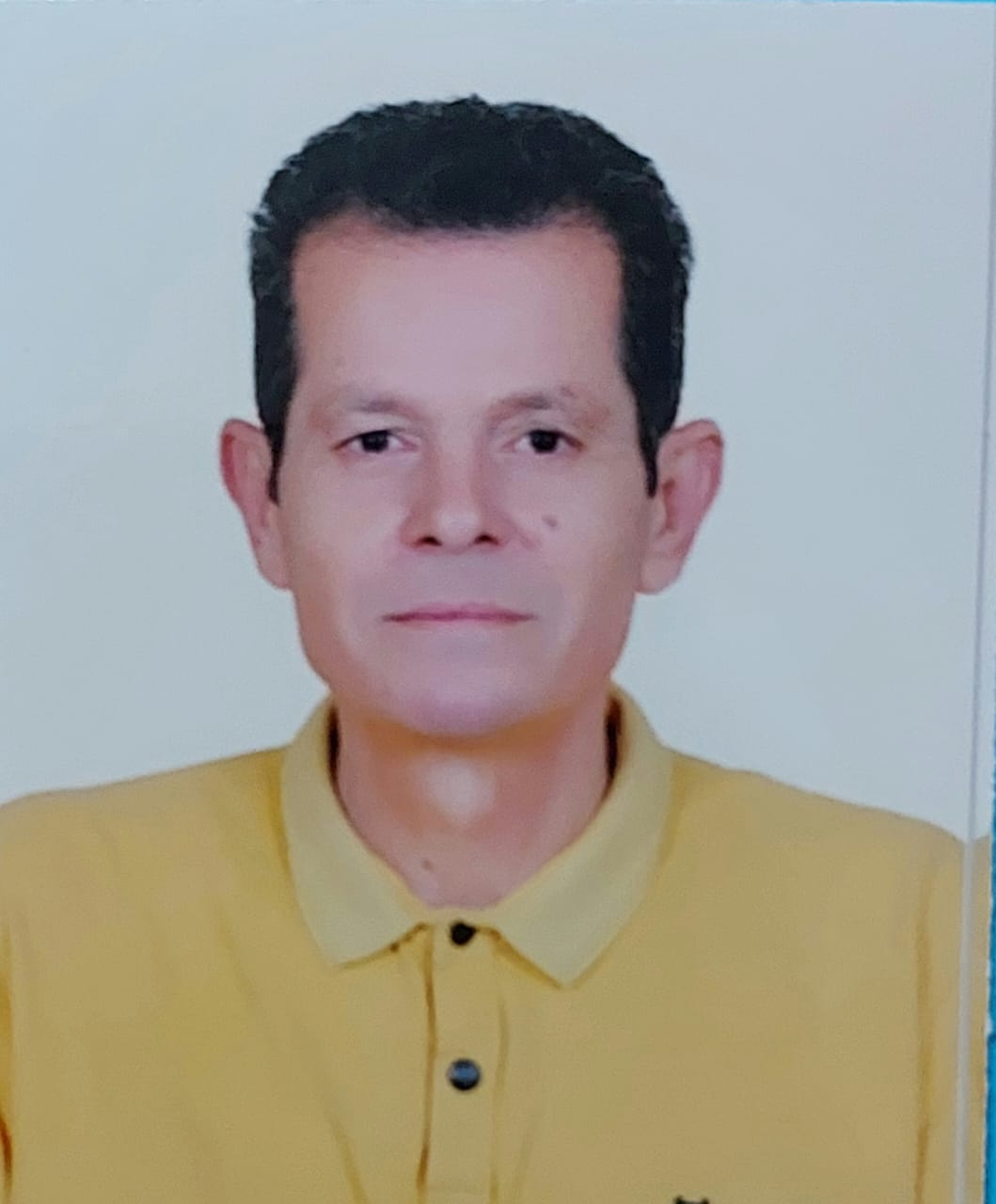
Professor SG Ahmed (Egypt)
Member
Prof Hart is a Professorial MSc dissertation supervisor, module lead and curriculum developer, at Cambridge Education Group, the University of Liverpool, Hull and Essex with Kaplan International, she brings 30 years of national and international experience in the Russell and Ivy League Universities in health sciences practice, research, pharmaceuticals and higher education. She possesses a Doctorate in Medical Education and multiple certifications in higher education, medical education, nursing, and midwifery. She is passionate about advancing the knowledge and skills of the next generation of National and International health professionals, teachers and leaders and am astute in pharmaceutical developments and enterprises.
Professor Pranab is a retire pathologist formerly with Calcutta School of Tropical Medicine. He is also the Ex principal of JMN Medical College in West Bengal.
Professor SG Ahmed (Egypt)
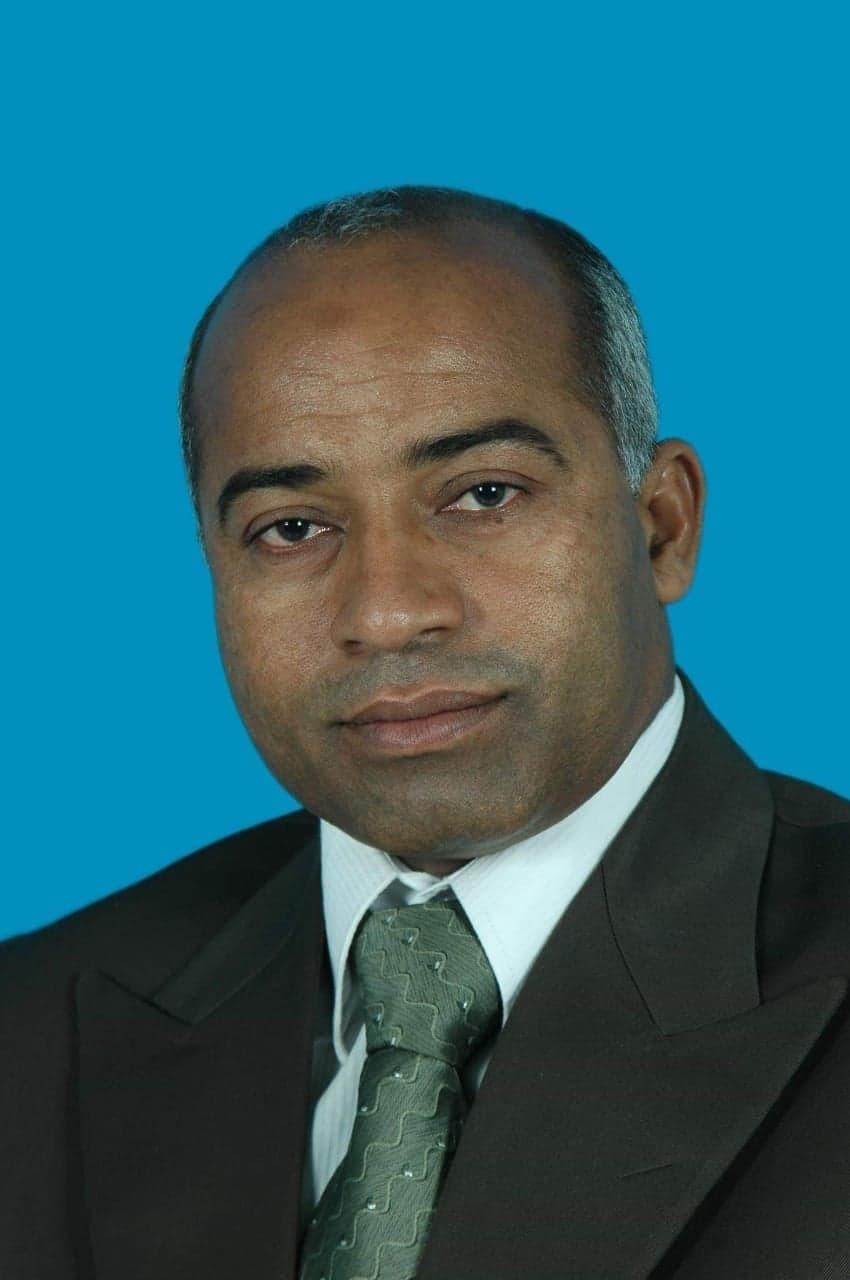
Professor Muharam Ali (Pakistan)
Member
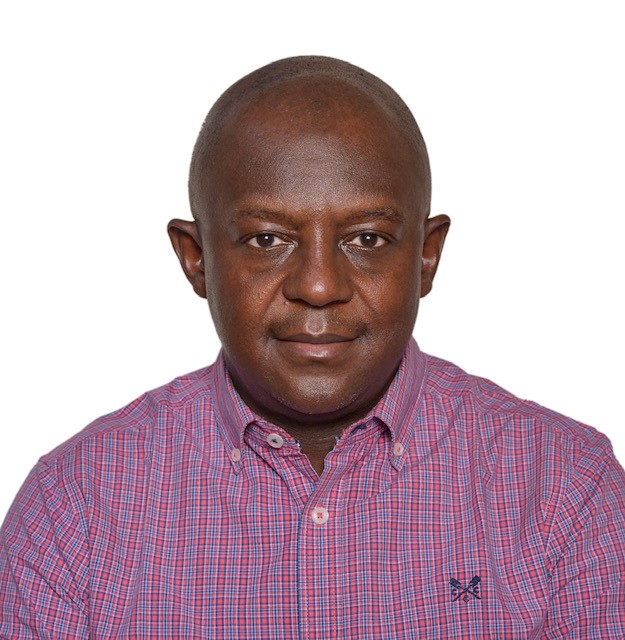
Professor Danladi Adamu Bojude (Nigeria)
Member
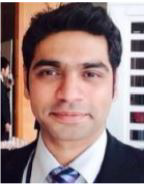
Professor Sai KIran Oruganti (India)
Member
Professor Ali is a Professor and the Chairman of the Dept of Biotechnology, Faculty of Crop Production, Sindh Agriculture University, Tandojam, Pakistan. Among his achievements are Member Sub-committee of National Biosafety Committee (NBC) Islamabad , developed Curriculum of Chinese Language program Sindh for Grade VI-VIII with the coordination of Bureau of Curriculum & Extension Wing, Education and Literacy Department, Government of Sindh during the year 2012.
Prof Bojude is a Clinician, Academic, Administrator and Epidemiologist with research interest in primary care, health system strengthening and health security. He is a tutor, mentor and supervisor for undergraduate and postgraduate students at Gombe State University, University of Maiduguri, National Open University of Nigeria, and Commonwealth Scholarship Commission (CSC) UK scholar. He sits on management, clinical, training, research and volunteer positions over the past 15 years e.g., ministerial committee; governing board; Dean; DCMAC research and training; research chair; ethics review panel; grants review panel; pandemic preparedness and response group; HOD in the university and teaching hospital; university senate; Chairman, Nigerian Medical Association; and emergency response team.
Prof Orunganti is a man of international standing. Since February 2022 he is with the School of Green Transportation, Korea Advanced Institute of Science and Technology, Munji Campus, where he is a visiting researcher. His main affiliation is with the School of Electrical and Automation Engineering, Jiangxi University of Science and Technology, Ganzhou, People’s Republic of China as a full Professor since October 2019.
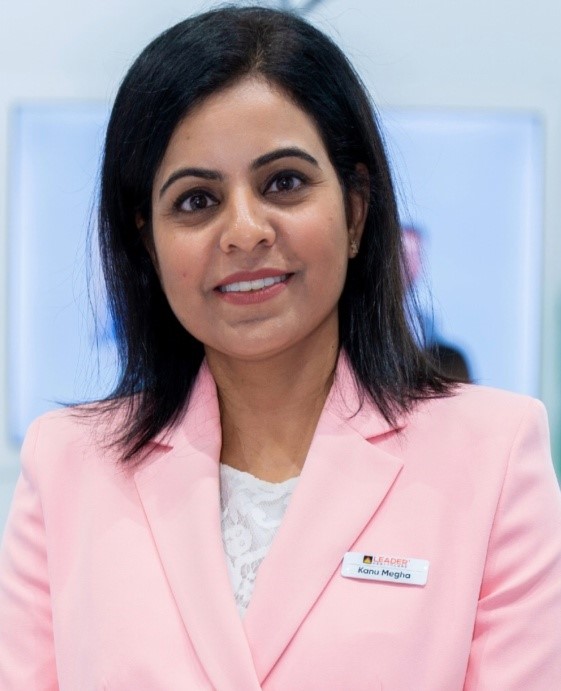
Dr Kanu Megha PhD
Member
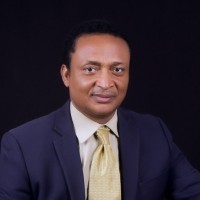
Dr Francis Ohanyido (Nigeria)
Member
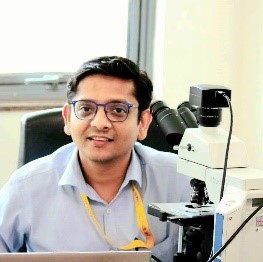
Dr. Indranil Chakrabarti MD (India)
Member
Dr. Kanu Megha is a Scientist with doctorate and post doctorate in the area of Neuroscience. She worked as an educator teaching bachelor’s and Master’s students in Life Sciences and also guided graduate and post graduate medical students during her research tenure.
Dr. Ohanyido, the founding Director-General, West African Institute of Public Health (WAIPH) and President Emeritus of The Academy of Public Health is a Physician, Social Entrepreneur and Development Strategist with over two decades of roles in development, private and public sectors, of which some were with the world’s leading development organisations.With strong multi-country experience in Africa, he is a leading global voice for universal health coverage, primary health care and health technology.
Dr. Chakrabarti is presently working as an Additional Professor in the Department of Pathology and Laboratory Medicine, AIIMS Kalyani. He has been honored with Fellowships from the International Academy of Cytology, the Indian Academy of Cytologists, the Royal Society for Public Health, and the International Medical Science Academy.

Getrude Nadjat Achelogo
Country Administrator (Ghana)
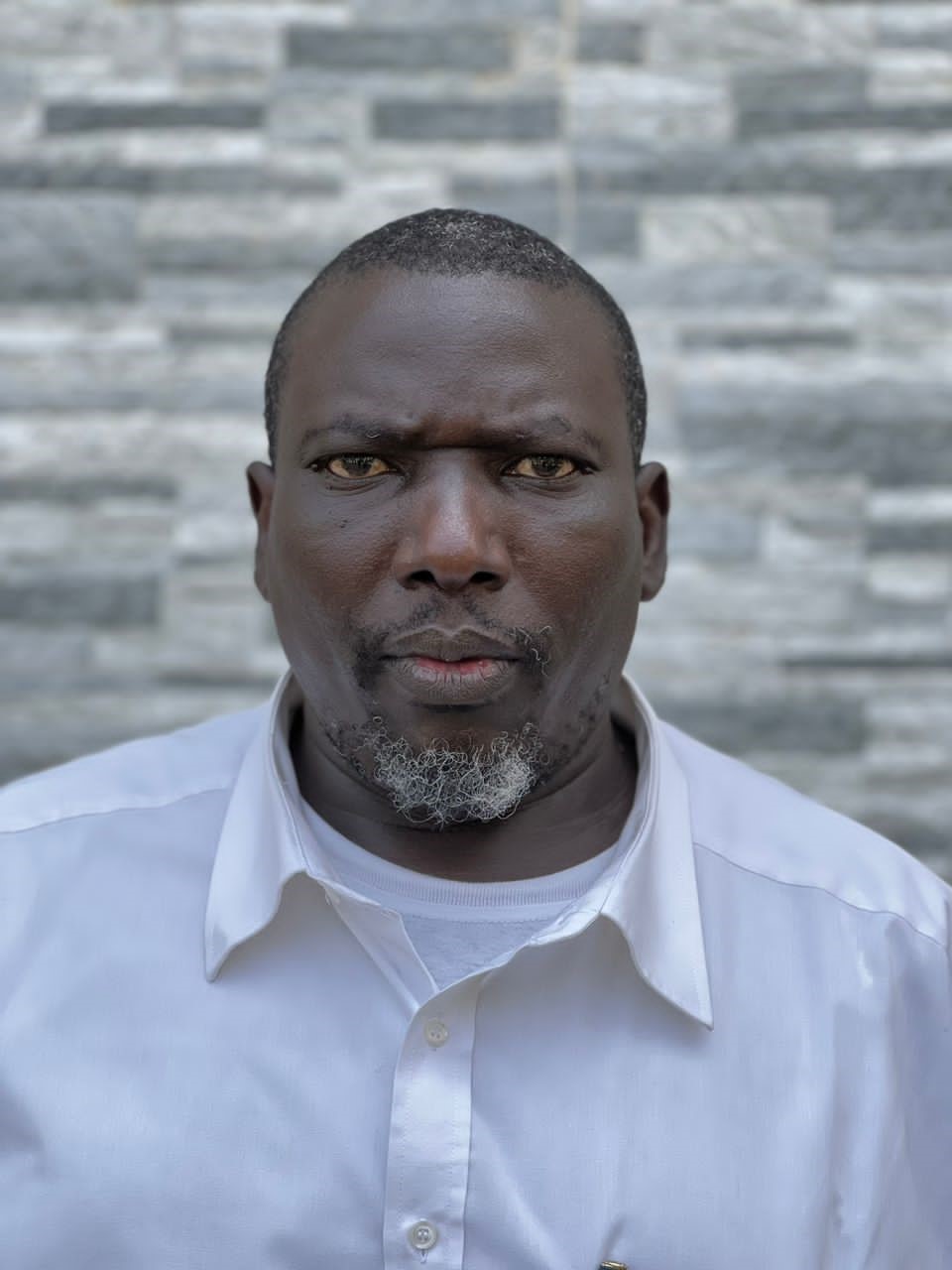
Assistant Professor Umar Ibrahim
Country Representative (Nigeria) and Research Coordinator Africa
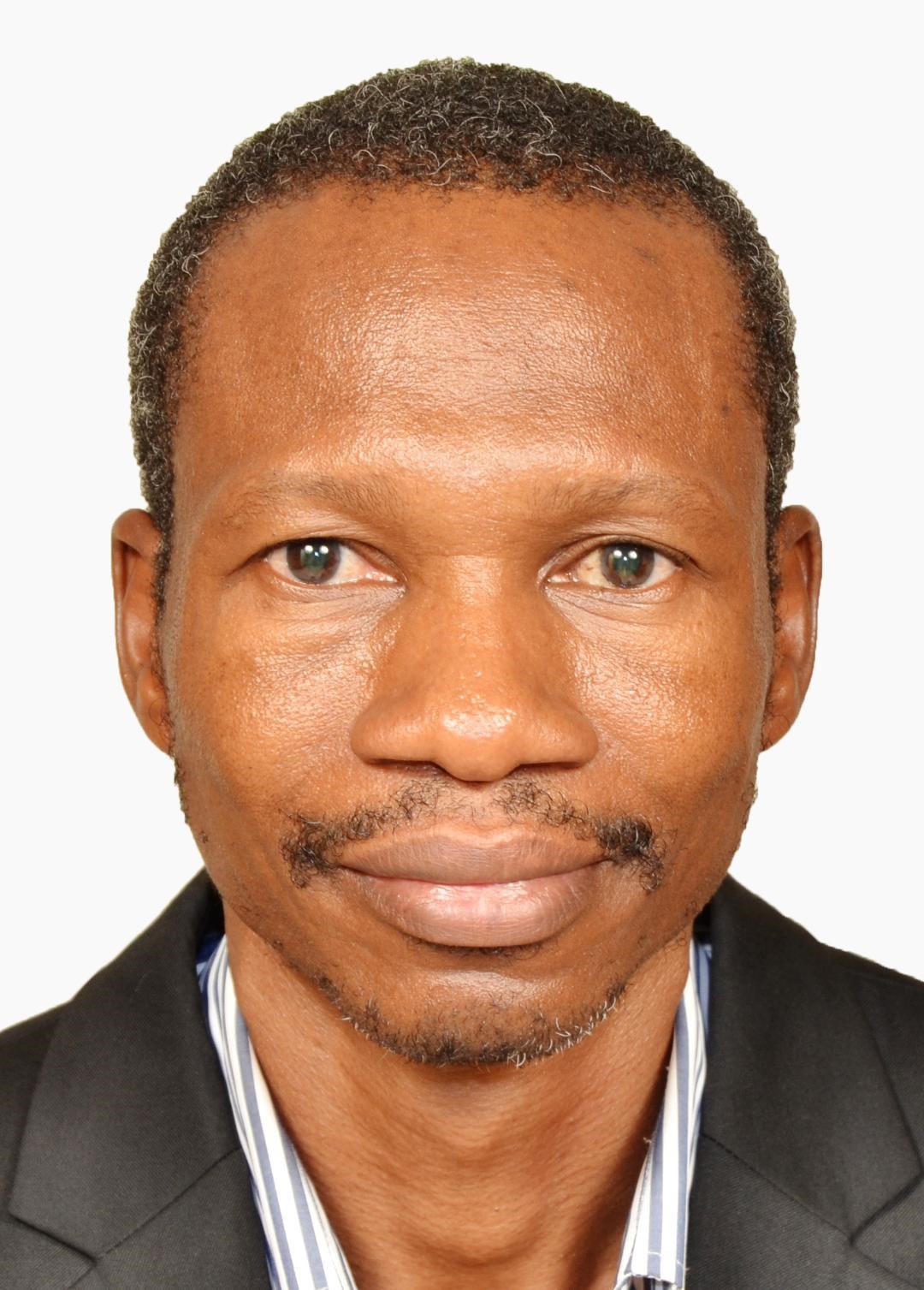
Dr Nouhoum Bouare
Country Representative (Mali)
Mrs Gertrude is the Country Administrator for AHRO Center for Academic Research (Ghana). She attended the Ghana Institute of Journalism where she attained a Diploma in Communication Studies in 2007.
Dr. Ibrahim is a global health governance specialist with over 25 years of experience in public health programs in Africa, Asia, and the Pacific. He is a skilled manager and leader, with service strengths in public, private, academic, and civil society sectors. Additionally, he has been involved in the activities of the African Institute for Development Professionals; African Forum for Health and Education Research, Accra Ghana; and the African Forum for Primary Healthcare (AfroPHC) as an Executive Board Member, and ex-Sub-Sahara African focal person Planetary Health Alliance, among others.
Dr. Bouare is a pharmacist and biomedical Scientist with around 10 years hospital work experience, over 6 years post graduate study and training, and over 10 years biomedical research expertise.
